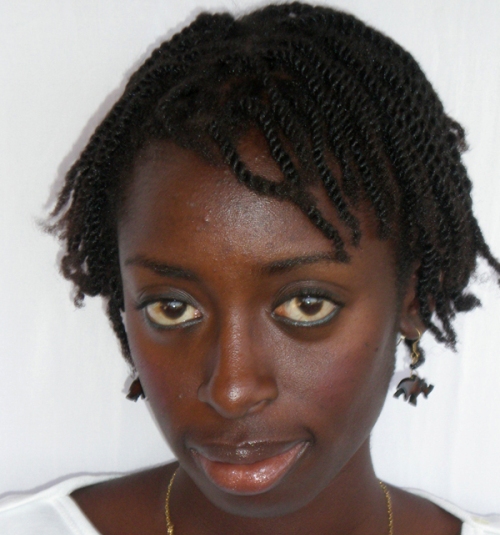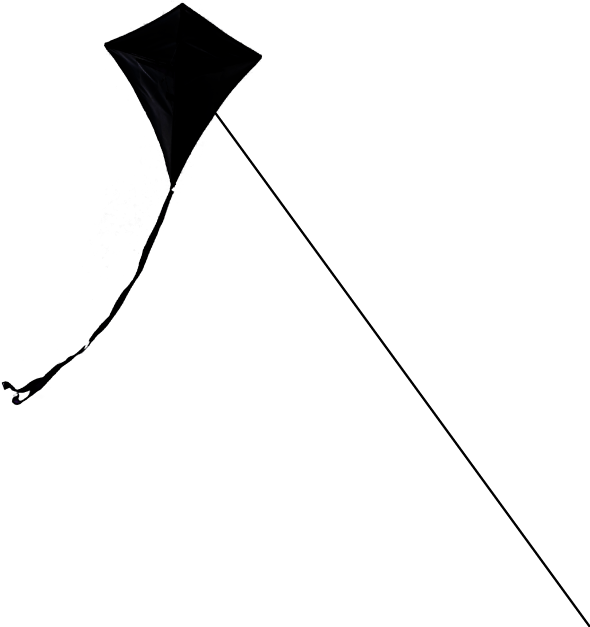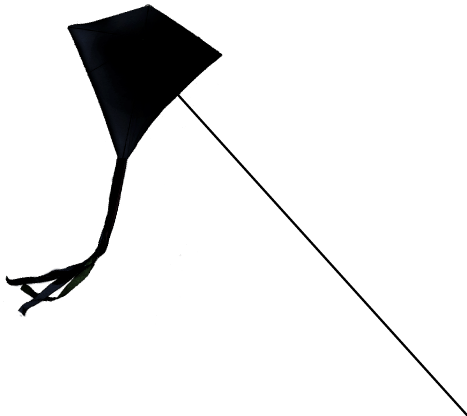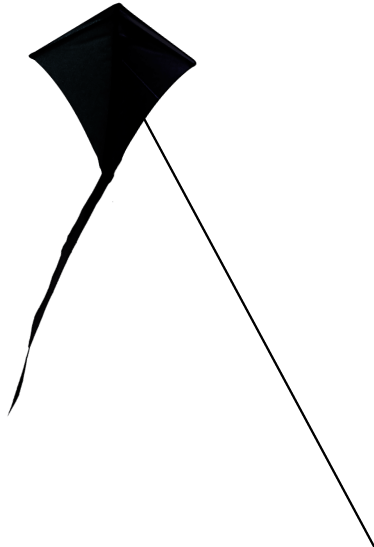New Author Profile!
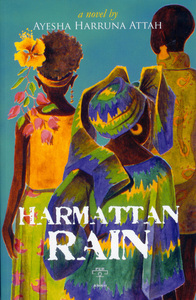
Harmattan Rain follows three generations of women as they cope with family, love and life. A few years before Ghana's independence, Lizzie-Achiaa's lover disappears. Intent on finding him, she runs away from home. Akua Afriyie, Lizzie-Achiaa's first daughter, strikes out on her own as a single parent in a country rocked by successive coups. Her daughter, Sugri grows up overprotected. She leaves home for university in New York, where she learns that sometimes one can have too much freedom. In the end, the secrets parents keep from their children eventually catch up with them. Buy it here! http://stores.bbkwan.com/Detail.bok?no=18
About the author: Ayesha Harruna Attah was born in Accra, Ghana and is a fellow of Per Ankh Publishers and TrustAfrica. She was educated at Mount Holyoke College and Columbia University and is currently pursuing her creative writing MFA at NYU.
SS: Can you discuss the importance of family in Harmattan Rain?
AA: Family is one of the major themes in Harmattan Rain. There are three main characters: Lizzie, Akua-Afriyie and Sugri and they are three generations of women in the same family. In becoming themselves, the women try to distance themselves from their families, and yet find that they either can't escape their familiesor they are like the same branch of the same tree. I thought of calling the book "Family" because that is what it really is about.
SS: What changed your mind?
AA: I wrote the book in a village called Popenguine in Senegal, which, like most West African countries, has a rainy and a dry season. During most of the writing process, the weather was dry and suddenly on a day in April, we went through this huge rainstorm and the next day it went dry again. I found it violent and fascinating. Harmattan Rain...So as I struggled over titles, this one seemed fitting, because the book turns on a violent, unexpected event and I thought it was just like Harmattan Rain.
SS: Readers might be tempted to draw parallels between you the author and the character of Sugri. Is she any more autobiographical than the other characters?
AA: In her experience of coming to the States to study, yes. In some of the little things she goes through, like cutting her hair, yes. But she, like the others, is completely fictional, and I think my temperament and view of life is more in line with that of the second character, Akua Afriyie, than with Sugri.
SS: You feel a need to draw a line between fiction and autobiography?
AA: Some people constantly blur those lines. I don't feel like I need to distinguish between the two necessarily, but there are so many other interesting stories out there, and I actually find my strongest characters to be people who've come to me with no link at all to my life. People who have viewpoints completely different from me, people who are crazier, bolder, and yes, more interesting than I am. It's interesting because a lot of my readers identify mostly with Lizzie or Sugri. And I think I'm a lot like Akua Afriyie. So that proves my point...in a way.
SS: Do you subscribe to the idea that we write fiction, in part, to learn about ourselves?
AA: Yes, I think I belong to that school of thought. There are several reasons why people write fiction, and one of mine is definitely to make sense of the world I've been thrown into, to understand people better: their choices, motivations, trigger points. Journalism allows you to do that to a degree, but I think in fiction, your mind can definitely wander into depths that journalism can't always get you to. For instance, I'm currently reading Murakami's Hard-Boiled Wonderland and the End of the World and it's sublime. I'm not that far in, but each sentence is a delight and throws you into a more bizarre world, and yet always illuminates something about the human character and mind. I think only fiction allows you to completely do that.
SS: What first made you want to make the leap from journalism to fiction?
AA: I'm not sure if I've really made the leap. I still do take on journalism projects as they come. I enjoy meeting people and writing their stories, but like I said earlier, there's only so much I can do. With fiction, I can let my senses completely take over and sometimes the results are just great!
SS: Even in your short fiction, there’s usually a very strong sense of scope, both in terms of time and physical place. Is this deliberate?
AA: I don't think this is deliberate. Some stories just need to be given a large amount of space and time, and I think those are the stories that come naturally to me.
SS: I understand a future project of yours will involve linked short stories?
AA: Hopefully! I'm still working on the stories. Sometimes the links come almost organically and at other times it's a stretch to get a story to fit in, but I'm sure when they're all written, they will feel like a connected set of stories!
SS: Moving back to Harmattan Rain. It was shortlisted for the Commonwealth Writer’s Prize in 2010. Can you discuss that experience?
AA: Humbling is the best way to describe that experience. Some of my major writing role-models and/or people I've admired, have won the prize, so being nominated was so exciting and yet at the same time, made me know that this was it: writing is what I want and have to do. And there's a part of me that thinks that knowing exactly what you have to do can be quite a scary thing because then you don't want to fail!
SS: Do you feel you have any explicable goals as an author?
AA: That is a tough question! It's a mixture of goals and things I tell myself: that I have to keep going no matter what! Bad review, no money, whatever roadblocks hit me, I still have to keep going. I definitely feel that I've been given so much good mentoring, that I have to return the favor, so that is another goal of mine: to hopefully teach writing back home in Ghana or West Africa.
SS: The people and the history of Ghana are clearly very important to you. Can you discuss the relationship between them and your writing?
AA: Having two Ghanaian parents, having grown up in Ghana, the country is very much a part of who I am. So that is what has felt most comfortable for me to write about. That said, it's very hard to escape even when I want to!! I say this because living in Senegal showed me so many similarities the Senegalese have with Ghanaians and with other parts of Africa. Even though I get puzzled and irritated when people think of Africa as a country, I believe there are similar threads in narrative that run across the continent, and I want to explore those more, not just write about Ghana.
SS: You've also shown an interest in writing about "citizen of the world" characters who travel and work in different countries. Do you imagine this will be a permanent fixture in your fiction?
AA: I think so. There are many people like myself who find themselves going back and forth between two worlds. It can be on a smaller scale: between the big city and the village or between two countries, and there are several transformations that come with that kind of migration. These are the kinds of things I like to look at in my fiction: how moving changes people for better or worse.
Sam Schreiber holds an MFA degree in creative writing from NYU. His story, “Corinthians” is published with Cavalier Literary Couture. Look for it in the archives!
